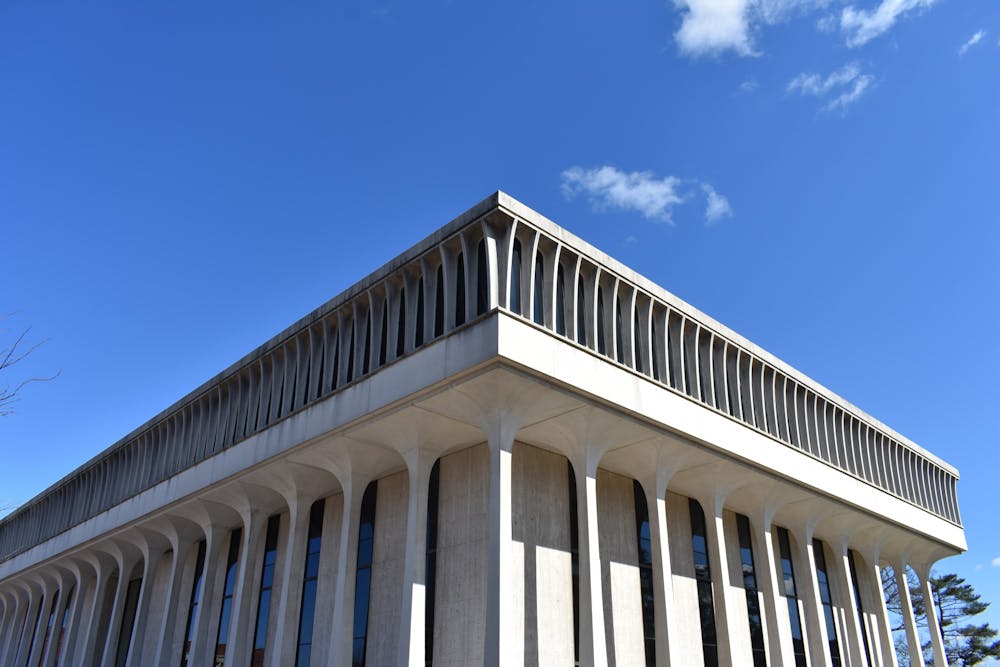Most of those familiar with our University know its informal motto, “Princeton in the Nation’s Service and the Service of Humanity.” Coming from a Catholic high school whose motto was “Men for Others,” I understand the power that a commitment to service has in the direction of an institution. Yet Princeton has failed to capture the full potential of the promises of this motto by not implementing a curricular service requirement.
At my high school, all sophomores are required to participate in a service activity at a local organization in order to graduate. Every few weeks, these students go to their agency for the morning. While the agencies are provided and assigned by the teachers, the real requirement is that the student service directly benefits people other than the school community. The program is a staple in my high school’s history, and it concretely reflects the commitment to service in its motto.
Now imagine if Princeton created a similar requirement for students. Students would gain greater exposure to surrounding areas, including Princeton, Trenton, New York, and Philadelphia. In the current digital climate, service could be done all over the world. We could work with local communities in a diverse range of services, from schools and nursing homes to food banks and job centers. Just like how my high school created alternative time frames for service, undergraduates could participate during the academic year or augment their experiences during summers studying abroad or gap years. Perhaps students could even design their own service projects after identifying a need in their community.
One might reasonably argue that Community Action is already the first year equivalent of this program. A curricular service requirement, however, would be mandatory for the whole student body — less than half of students participate in CA. Additionally, the requirement would be met over a span longer than the week — however powerful it may be — that Community Action covers. A combination of both greater participation and longer commitment enhances the benefits created by a program like CA while offering more, such as increased engagement with peers. Programs such as Princeton Internships in Civic Service (PICS) may also come to mind, but would again not provide the benefits of full student body participation and limit participants to certain sectors of service.
Beyond the benefits to students and neighbors, creating a service requirement would also help Princeton as an institution. Importantly, such a program would dispel the age-old idea of the Orange Bubble within which we Princetonians live, work, and play. Furthermore, a service requirement would be another unifying experience built into the undergraduate curriculum, pairing nicely with first-year orientation or the senior thesis while offering distinct benefits.
If the program were treated as a course requirement, students could choose it as one of our four required courses for the semester. This would allow the same time commitment as a class without overloading an already heavy schedule. Furthermore, the community partners being served would benefit from weekly contact with students and their demonstrated commitment. Students would have incentives to commit to this requirement regardless of their intentions to serve.
Student intentions can and should be cultivated by the same methods through which we encourage academic rigor or research discipline. In order to live up to its own ideals, Princeton should institute a curricular service requirement for all undergraduates, to be filled in one semester, for a local community partner. If there is no guarantee it will mold students to orient their lives toward service to our nation and humanity, then the requirement itself will be a true example of service: that which is done, without guarantee of reward, because one knows it to be right.
Dillion Gallagher is a sophomore from Cleveland, Ohio and is planning to major in the School of Public and International Affairs. He can be reached at dilliong@princeton.edu.








